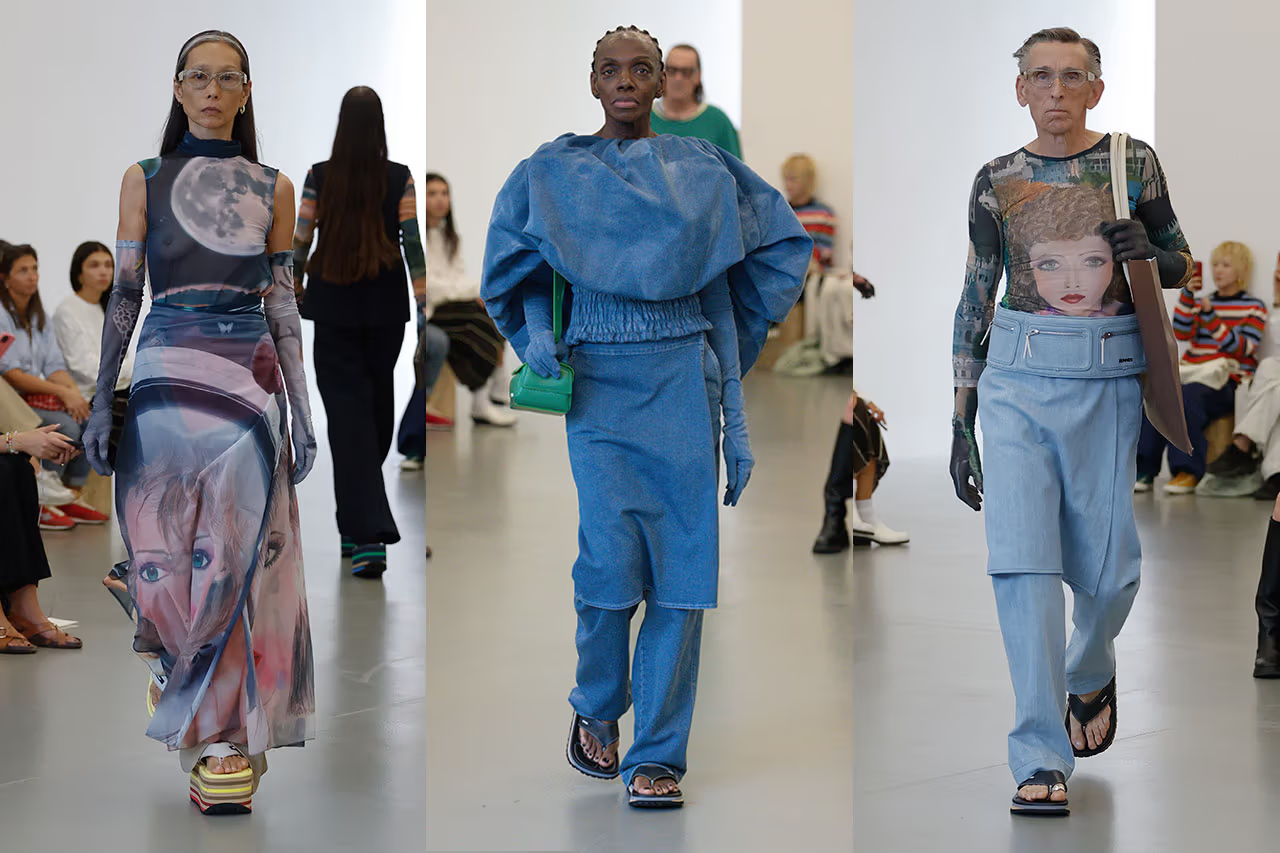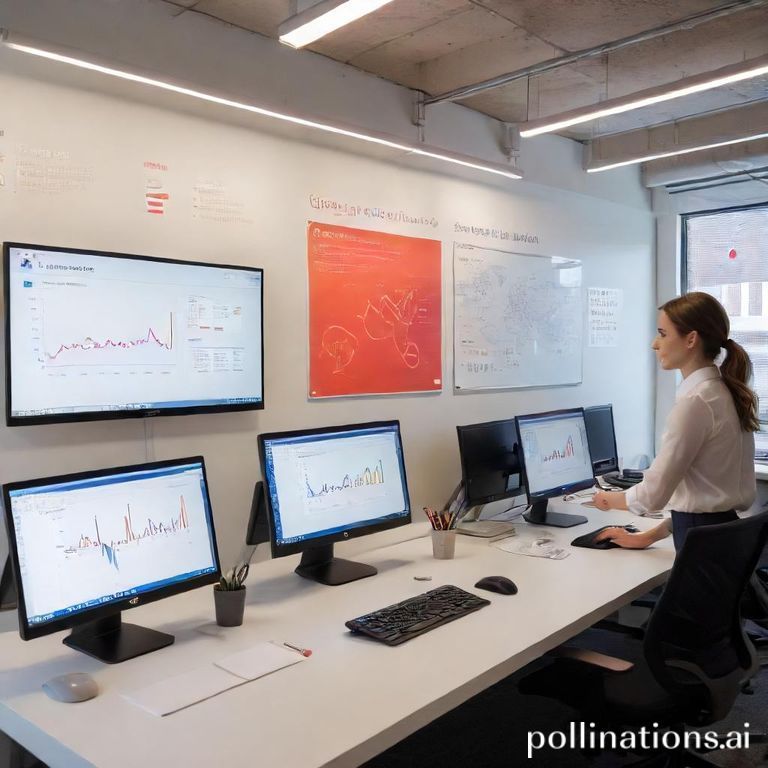How fashion brands are harnessing AI to create bespoke experiences that cater to individual consumer preferences.
Key Takeaways
- AI is revolutionizing personalization in fashion, shifting from mass production to individualized offerings.
- Leading brands like Zara and Desigual are tailoring experiences through data analytics and AI-driven innovation.
- Fashion accelerators and corporate innovation challenges (like LVMH at VivaTech) are driving experimentation with personalization tech.
- Google’s new AI-powered “Try It On” feature is making personalized shopping accessible to everyday consumers.
- Integration of AI can optimize everything from sizing and fit to fabric preferences, enhancing customer satisfaction and loyalty.
- While data-driven personalization drives revenue, maintaining a human touch is essential to truly connect with consumers.
The AI Revolution in Personalization
AI tools have become a core driver of product development in the fashion industry, as brands increasingly recognize that personalization fuels deeper engagement. This shift is powered by consumers’ growing desire for products that reflect their unique tastes, preferences, and lifestyles.
Brands are now embedding advanced AI and machine learning models into the entire product lifecycle—from design and production to digital experiences. Secure data handling is also gaining importance, as consumers trust brands that respect privacy while delivering customized value.
Successful Implementations: From Retailers to Innovation Labs
Zara has set a new standard for personalized e-commerce. Using AI-driven algorithms, Zara customizes shopping experiences by analyzing each customer’s style journey and browsing history. This approach has boosted conversion rates, turning static online stores into dynamic, user-centric platforms.
Desigual, meanwhile, has taken personalization a step further by launching an in-house startup accelerator, Awesome Lab. This initiative brings together AI and emerging technologies to experiment with new approaches to customization. Startups collaborating with Desigual explore ways to merge data insights with creative design—prototyping everything from AI-powered styling to localized product drops.

Google’s AI-Powered Try It On feature, recently launched in May 2025, brings personalization directly to consumers’ fingertips. Shoppers can use this feature to see how clothes fit on a range of diverse body types and skin tones, helping them visualize their potential purchases more realistically. This democratizes the virtual try-on experience—previously reserved for luxury or high-tech fashion apps—and bridges the gap between online shopping and in-store experiences. Shoppers can hit products with a “Try On” badge to select a model to virtually try on tops from brands like H&M, Loft, Everlane and Anthropologie.

Similarly, luxury group LVMH has been championing AI-powered personalization through the LVMH Innovation Award at VivaTech. Each year, they challenge startups to redefine customer experiences in the luxury sector, including hyper-personalized shopping journeys and AIGC driven campaign content, renewable resources for design/home interior and AI solutions that adapt to individual preferences.

Leveraging Data-Driven Insights
At the core of this shift is data. AI tools process vast datasets—from purchase histories to social media trends—to generate recommendations that resonate with each customer. Brands can then refine everything from product sizing to fabric choices based on these insights.
For example, AI can suggest new cuts for popular items, detect emerging style shifts among specific consumer segments, and even adapt seasonal collections based on real-time demand signals. This data-led approach not only enhances customer satisfaction but also strengthens brand loyalty and drives repeat purchases.
Navigating the Pitfalls of AI Personalization
While the potential of AI in driving personalization is undeniable, brands must ensure technology complements—not replaces—human intuition. Over-reliance on algorithms can strip shopping experiences of warmth and emotional resonance.
Luxury brands, in particular, must blend data insights with human creativity and craftsmanship. Consumers still crave the tactile, human element of fashion—expert styling, personal consultations, and authentic storytelling. When AI tools support rather than overshadow these elements, the result is a seamless, emotionally rich experience.
Conclusion
The fashion industry’s journey from mass production to hyper-personalization is driven by AI and data analytics. As consumers expect more tailored experiences, brands must move fast to adopt these tools—while staying true to the personal, human dimension of style.
Those who strike this balance—like Zara, Desigual, and LVMH—are not only meeting the market’s evolving demands but also shaping the very future of fashion itself.
Sources
- Desigual’s Awesome Lab
- Google’s AI Shopping Try It On
- LVMH Innovation Award at VivaTech
For a hands-on experience with cutting-edge virtual fitting technology, Nuvatech will be showcasing its AI-powered virtual fitting room at VivaTech Paris on June 10, located at the Hong Kong Pavilion. If you’re interested in a demo or exploring collaboration opportunities, reach out directly at: yanie.d@nuvatech.me.








